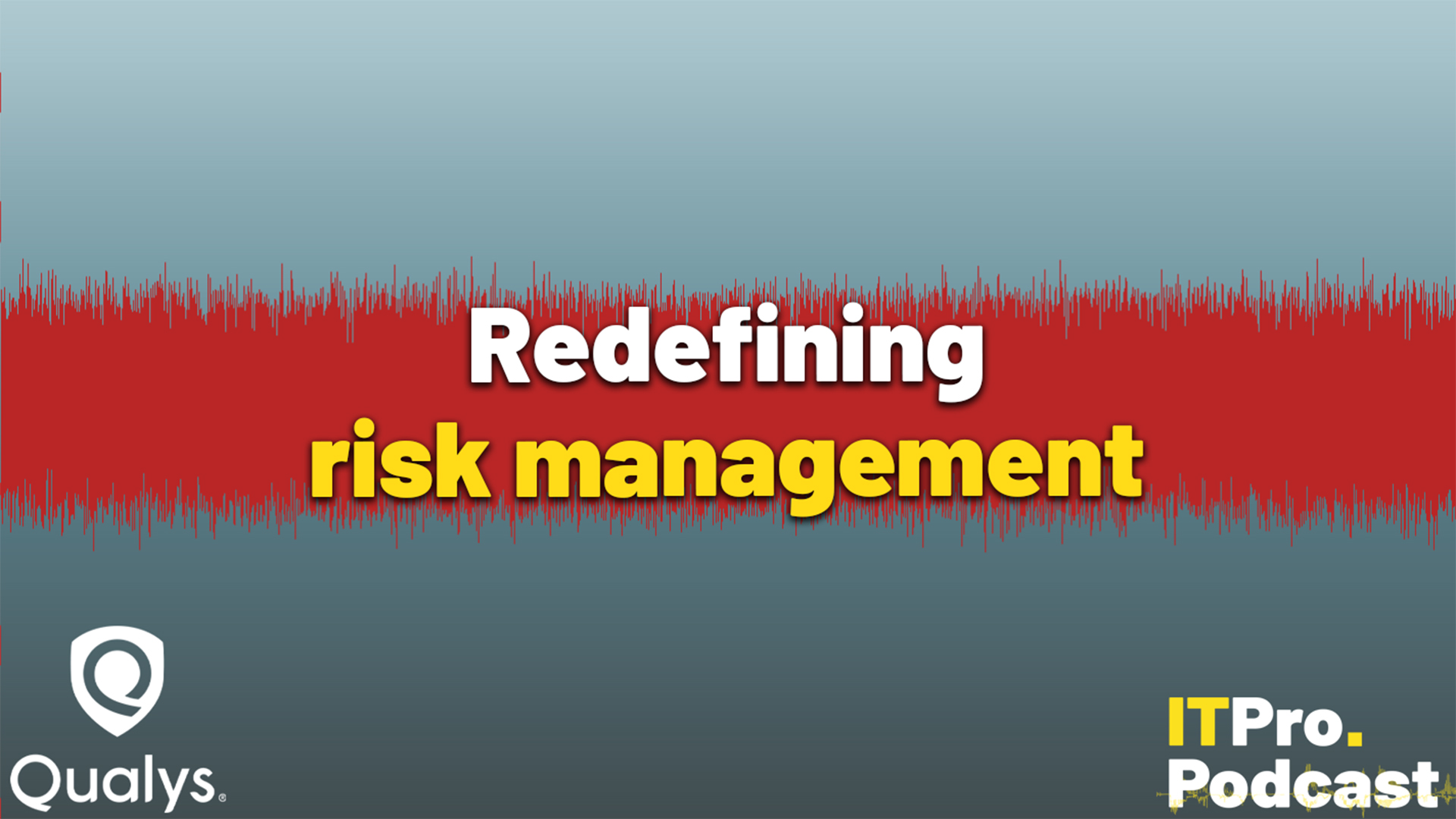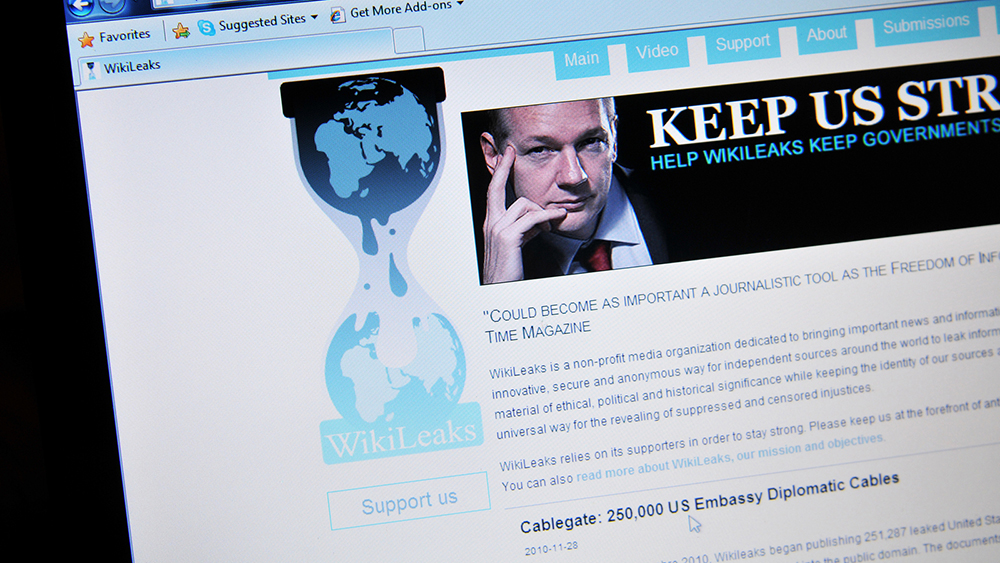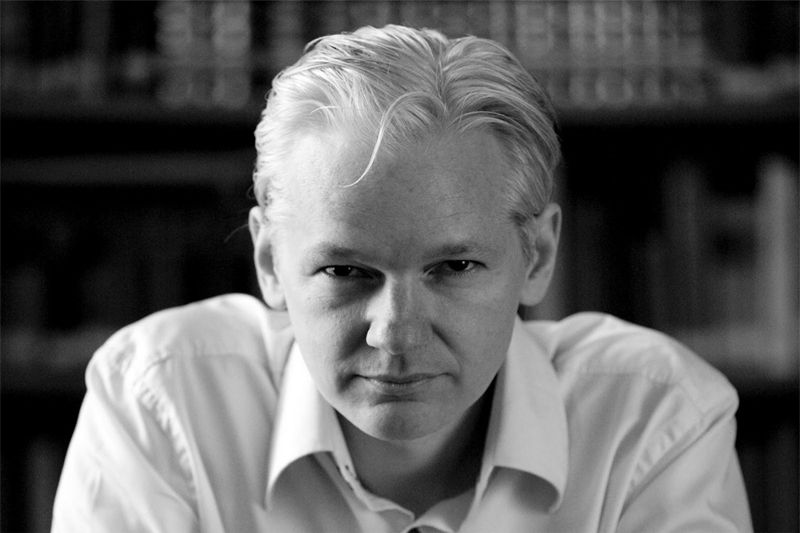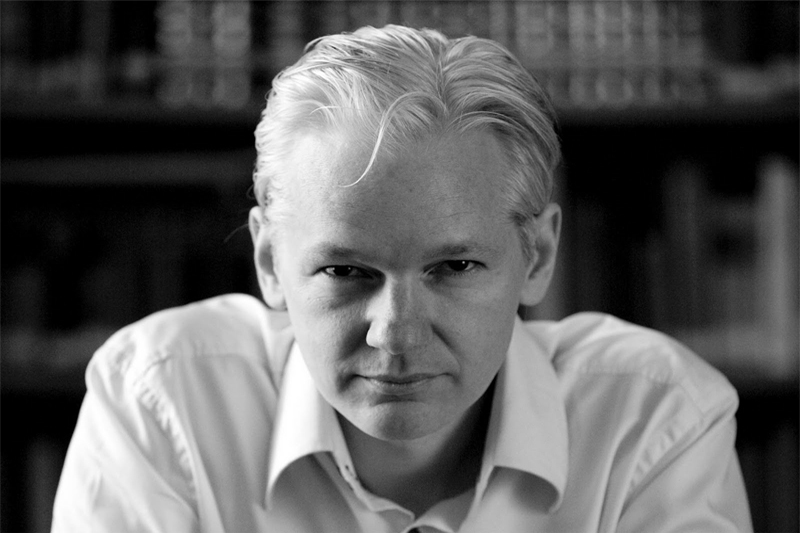Wikileaks, China and Google: What the hack tells us
Wikileaks has released a cable communication indicating China was responsible for hacking Google, but what does it tell us about security in general?


Sign up today and you will receive a free copy of our Future Focus 2025 report - the leading guidance on AI, cybersecurity and other IT challenges as per 700+ senior executives
You are now subscribed
Your newsletter sign-up was successful
But while we are likely to see more attacks, we should be wary of hyperbole, according to David Harley, senior research fellow at ESET.
"I'd certainly expect to see more reports of politically-motivated attacks (on the evidence we now have, you could certainly put Stuxnet into that bracket), because so many people have become aware of the possibility," Harley told IT PRO.
"However, I'd also expect that an indeterminate proportion of that will be speculation rather than hard fact, and I'm always conscious that a certain amount of such speculation is based on misunderstanding or even sensation-seeking rather than hard fact. And that will apply globally, not just in relation to the Far East."
So do journalists need to get some perspective as well?
Perhaps this example is a case in point: a recent report on Stuxnet from Sky News hinted the virus was in the hands of "bad guys." Paul Ducklin, head of technology in the Asia Pacific region for Sophos, took umbrage with the piece, suggesting the security industry needs to focus on realities rather than "speculation."
"The problem with inaccurate, inflammatory and irresponsible stories about Stuxnet - good though they may be for page impressions and video views - is that they make cyber criminality sound like a second-rate problem when it is positioned against a news backdrop alleging cyber war," Ducklin said in a blog.
"Let's stop being frightened of shadows and actually concentrate on getting rid of the cyberenemy already in our midst."
Sign up today and you will receive a free copy of our Future Focus 2025 report - the leading guidance on AI, cybersecurity and other IT challenges as per 700+ senior executives
What of Wikileaks?
So what of Wikileaks? It has already sparked debate over whether what it is doing is moral or not. Is it OK to place people's lives in danger for the sake of truth?
Whatever stance you take, it is undoubtedly disarming how easy it appeared to have been for the whistleblower to get their hands on what were thought to be highly confidential documents.
Given the political furore around the release, one would have expected the embassy cable communications to have been kept securely locked away. This doesn't appear to have been the case.
According to the Guardian, a published chatlog of a conversation between soldier Bradley Manning, believed to be the whistleblower, and a fellow hacker showed how the process was stunningly straightforward.
"I would come in with music on a CD-RW labelled with something like 'Lady Gaga' erase the music then write a compressed split file. No one suspected a thing ... listened and lip-synched to Lady Gaga's Telephone while exfiltrating possibly the largest data spillage in American history," Manning reportedly said.
Amichai Shulman, chief technical officer with data security specialist Imperva, said the case highlighted the need for organisations to monitor employee behavior with respect to files generally.
"This embarrassing fiasco - which is certain to drag on for some time - shows that the internal threat is not necessarily about unauthorised access to data, but rather the abuse of legitimate access," Shulman added.
"Organisations need to wake up to the complexities of internal threats, rather than simply relying on conventional IT security systems."
Now, if the US Government has dealt with data in too nonchalant a fashion, you have to wonder about how they are handling the personal data UK citizens and others place on American administration websites every day.
We are living in a global economic world where our data is flying across the world each second and this valuable information needs protection wherever it is.
Tom Brewster is currently an associate editor at Forbes and an award-winning journalist who covers cyber security, surveillance, and privacy. Starting his career at ITPro as a staff writer and working up to a senior staff writer role, Tom has been covering the tech industry for more than ten years and is considered one of the leading journalists in his specialism.
He is a proud alum of the University of Sheffield where he secured an undergraduate degree in English Literature before undertaking a certification from General Assembly in web development.
-
 Redefining risk management
Redefining risk managementSponsored Podcast With a Risk Operations Center (ROC), leaders can proactively crack down on cyber risks instead of simply reacting to them
-
 Anthropic promises ‘Opus-level’ reasoning with new Claude Sonnet 4.6 model
Anthropic promises ‘Opus-level’ reasoning with new Claude Sonnet 4.6 modelNews The latest addition to the Claude family is explicitly intended to power AI agents, with pricing and capabilities designed to attract enterprise attention
-
 Wikileaks 'hacked' by OurMine
Wikileaks 'hacked' by OurMineNews The whistleblowing site was supposedly breached, but the attack was found to be a simple DNS spoof
-
 Sweden drops rape charges against Julian Assange
Sweden drops rape charges against Julian AssangeNews Assange may still remain in hiding, however
-
 Cisco discloses Vault 7 vulnerabilities
Cisco discloses Vault 7 vulnerabilitiesNews Internal analysis seems to have identified bug revealed by WikiLeaks
-
 Apple iOS 10.2.1 protects users from Weeping Angel
Apple iOS 10.2.1 protects users from Weeping AngelAnalysis Security community says Vault 7 content is "no surprise", but reckless
-
 WikiLeaks ‘exposes people’s personal data’ in leaked files
WikiLeaks ‘exposes people’s personal data’ in leaked filesNews Rape victims and other innocent people named in WikiLeaks documents, says AP
-
 Pressure mounts on US justice department to drop Wikileaks investigation
Pressure mounts on US justice department to drop Wikileaks investigationNews Human rights organisations claim investigation could put all journalists at risk of prosecution
-
 Julian Assange unlikely to be charged by US government
Julian Assange unlikely to be charged by US governmentNews No way to prosecute Assange without also taking legal action against journalists.
-
 Bradley Manning found guilty of espionage
Bradley Manning found guilty of espionageNews US Soldier Bradley Manning could face up to a 136-year jail sentence.
